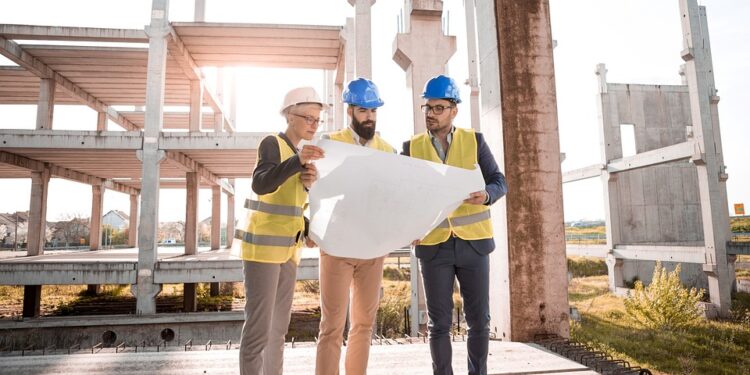Artificial Intelligence (AI) has been making waves in industries across the world, including the construction sector. With its ability to streamline processes, enhance efficiencies, and reduce costs, AI is revolutionizing the way construction projects are planned, executed, and managed. From data analytics to predictive maintenance, here are some success stories of AI in construction.
One of the key areas where AI is making a significant impact in construction is in project planning and design. Traditionally, project planning and design have been time-consuming and error-prone processes. However, with the use of AI, construction companies are able to generate accurate designs and plans in a fraction of the time it would take using traditional methods. By analyzing vast amounts of data, AI algorithms can identify patterns and trends that humans may not be able to see, leading to more efficient and effective designs.
One success story of AI in project planning and design is the use of generative design. Generative design is a process in which AI algorithms generate multiple design options based on a set of constraints and requirements. These designs are then evaluated based on factors such as cost, sustainability, and functionality. This process allows construction companies to explore a wide range of design possibilities, leading to innovative and cost-effective solutions.
Another area where AI is proving to be invaluable in construction is in project management. Construction projects are complex undertakings that involve multiple stakeholders, tight timelines, and strict budgets. AI is being used to optimize project management processes by providing real-time insights into project performance, identifying potential risks, and automating routine tasks.
One success story of AI in project management is the use of predictive analytics. By analyzing historical project data and current project parameters, AI algorithms can predict potential risks and delays before they occur. This allows project managers to take proactive measures to mitigate these risks, leading to smoother project execution and reduced costs.
AI is also being used to improve safety on construction sites. The construction industry is known for its high rate of accidents and injuries, and AI is being used to reduce these risks. By using sensors and cameras to monitor construction sites in real-time, AI algorithms can identify potential safety hazards and alert workers before accidents occur.
One success story of AI in construction safety is the use of wearable technology. Wearable devices equipped with sensors can monitor workers’ vital signs and movements, alerting supervisors to potential safety risks. By identifying and addressing safety hazards in real-time, construction companies can prevent accidents and injuries, leading to a safer work environment for all.
AI is also revolutionizing the way construction equipment is maintained and serviced. Traditionally, equipment maintenance has been reactive, resulting in costly downtime and delays. AI is being used to predict equipment failures before they occur, allowing construction companies to schedule maintenance tasks proactively and avoid unplanned downtime.
One success story of AI in equipment maintenance is the use of predictive maintenance. By analyzing equipment data and performance metrics, AI algorithms can predict when equipment is likely to fail and recommend maintenance actions. This allows construction companies to schedule maintenance tasks at optimal times, reducing downtime and extending the lifespan of equipment.
Overall, AI is transforming the construction industry by streamlining processes, enhancing efficiencies, and reducing costs. From project planning and design to project management and safety, AI is proving to be a game-changer for construction companies around the world. With continued advancements in AI technology, the future of construction looks brighter than ever.













